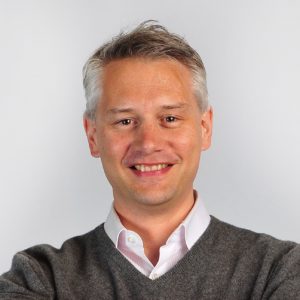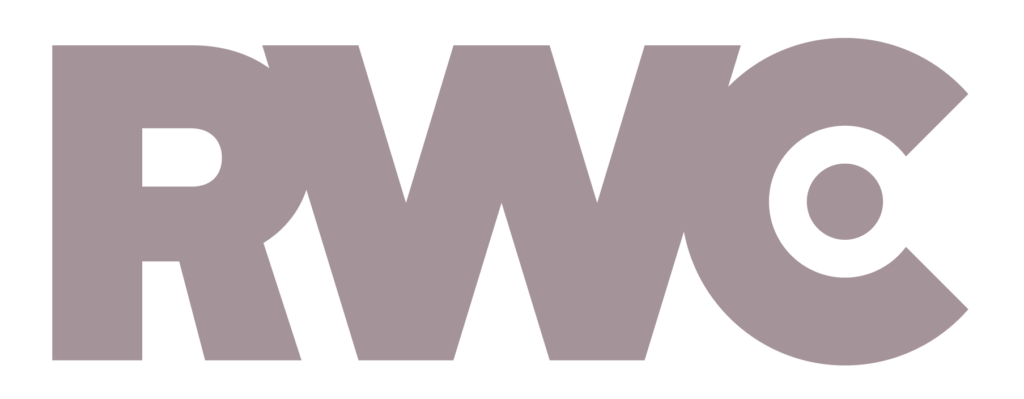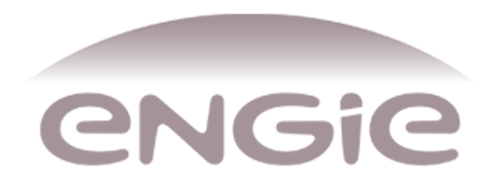Energy and utilities
The energy industry is going through a period of unprecedented change. There is widespread motivation, shared by the majority of the international community, to act now to address global warming. This involves a shift towards renewable energy generation, reducing demand for fossil fuels and technological advances that lead to a gradual slowdown in energy consumption. Consumer behavior is changing as awareness of the impact of energy consumption increases.
In the utilities industry, urbanization, demographic growth and climate change have led to the need for significant investment from the private sector to modernise aging infrastructure and guarantee high quality service.
Challenges in the energy and utilities industry
Given the challenges facing this capital intensive, dynamic and globalised industry, with ever more limited access to resources, the major international energy companies must plan how to transform their businesses, whether this is through innovation, new business models or diversification while at the same time improving operational efficiency.
In the B2C industry, investment control and operational excellence are key. In addition to this, the digital revolution provides the opportunity to update business models and improve operational productivity.
How we can help with the energy and utilities industry
Argon & Co helps its energy and utilities clients improve their operational performance, working on both the upstream (access to resources, exploration-production) and the downstream (transformation, distribution, marketing, services) value chain, while supporting change and transformation management.
Cost reduction
- Optimization of direct and indirect purchasing costs
- Cost variability
- Design to cost of industrial investments
- Optimization of shared services
- Administrative functions
Improvement of facilities and equipment
- Asset management
- Maintenance process optimization
- Optimization of maintenance parts inventory to guarantee availability
- Mobile equipment fleet optimization
Optimization of cash
- Tactical planning and S&OP
- Implementation of inventory policies adapted to industry specificities
Optimization of customer processes
- Pricing
- Contract lifecycle
- Billing
- Cash flow improvement
- Customer relationship and service
- Multichannel and digital development
Operational efficiency
- Forecasting
- Resource load/capacity steering
- Organizational optimiztion (roles and responsibilities, staffing)
- Performance steering
- Optimization of mobile teams (field services)
- Shared services
Our approach
We apply a combination of technical expertise, operational experience and business knowledge to help our clients solve energy and utilities issues and deliver lasting results. Our personal and pragmatic approach, with challenge where needed, ensures buy-in at all levels of our clients’ businesses and a successful outcome. We have worked with a wide range of organizations in the energy and utilities industry including Reliance Worldwide Corporation, Gaz Réseau Distribution France (GRDF), ENGIE, Drax, SUEZ, EDF, Schlumberger, GRTgaz and Veolia. Learn more about us here.


